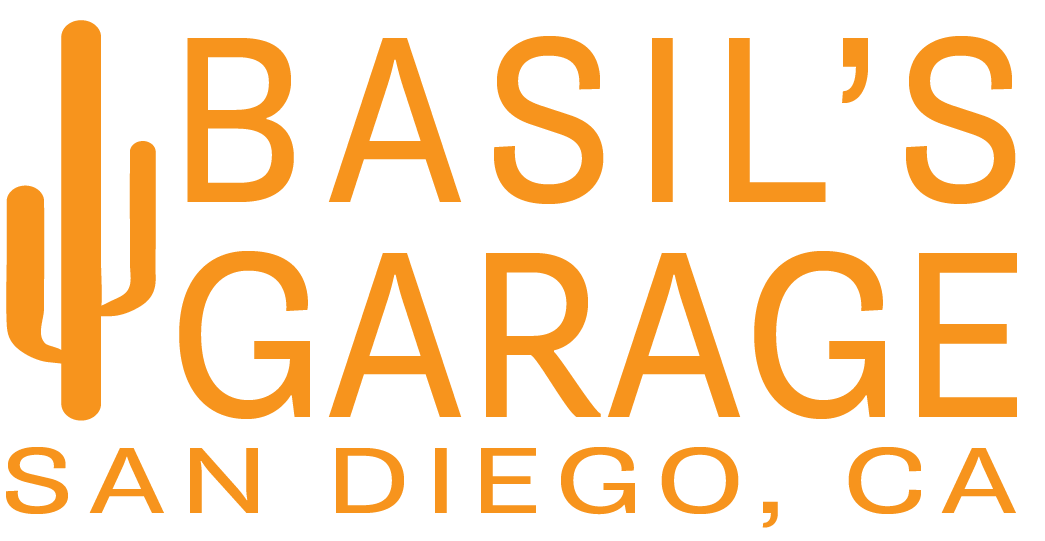Pharma’s Conundrum Part 2: Ensuring Value Through Integrated Project Delivery
Carbon is embedded in the structure of buildings as everyone knows, but in data centres significantly more so in the M&E equipment within them.
Operational carbon vs embodied carbon.When considering how design choices impact embodied carbon, the data only supports the upfront carbon due to incomplete data for whole life carbon (WLC) for the BaU scheme (in 2018 the industry wasn’t regularly considering WLC calculations for projects)..

The key findings:.The substructure used 50% cement replacement, used recycled aggregates from the demolition on site and procured the concrete locally.In addition, the basement volume was reduced which minimised the excavation and material usage resulting in a combined 46% improvement compared with the Business as Usual scheme..

The P-DfMA approach significantly reduced embodied carbon of the superstructure.This is due to the reduction in steel weight.

Once the concrete mix was taken into account, the use of 40% GGBS and local procurement, and 26% recycled content of steel the savings are circa 60%..
The embodied carbon within the façade increased compared with initial projections.Mechanical Electrical and Plumbing (MEP) requirements for lab design.
A laboratory design should be services-led.It’s up to the services engineer to fully understand the client laboratory equipment, the room requirements, the health and safety issues and the processes within the lab, as well as understanding what the other disciplines need to provide.
The purpose of the lab space is to provide the users with a safe and controlled environment for their experiments and processes, which are undertaken by and within lab equipment.The equipment is the primary point of a lab.
